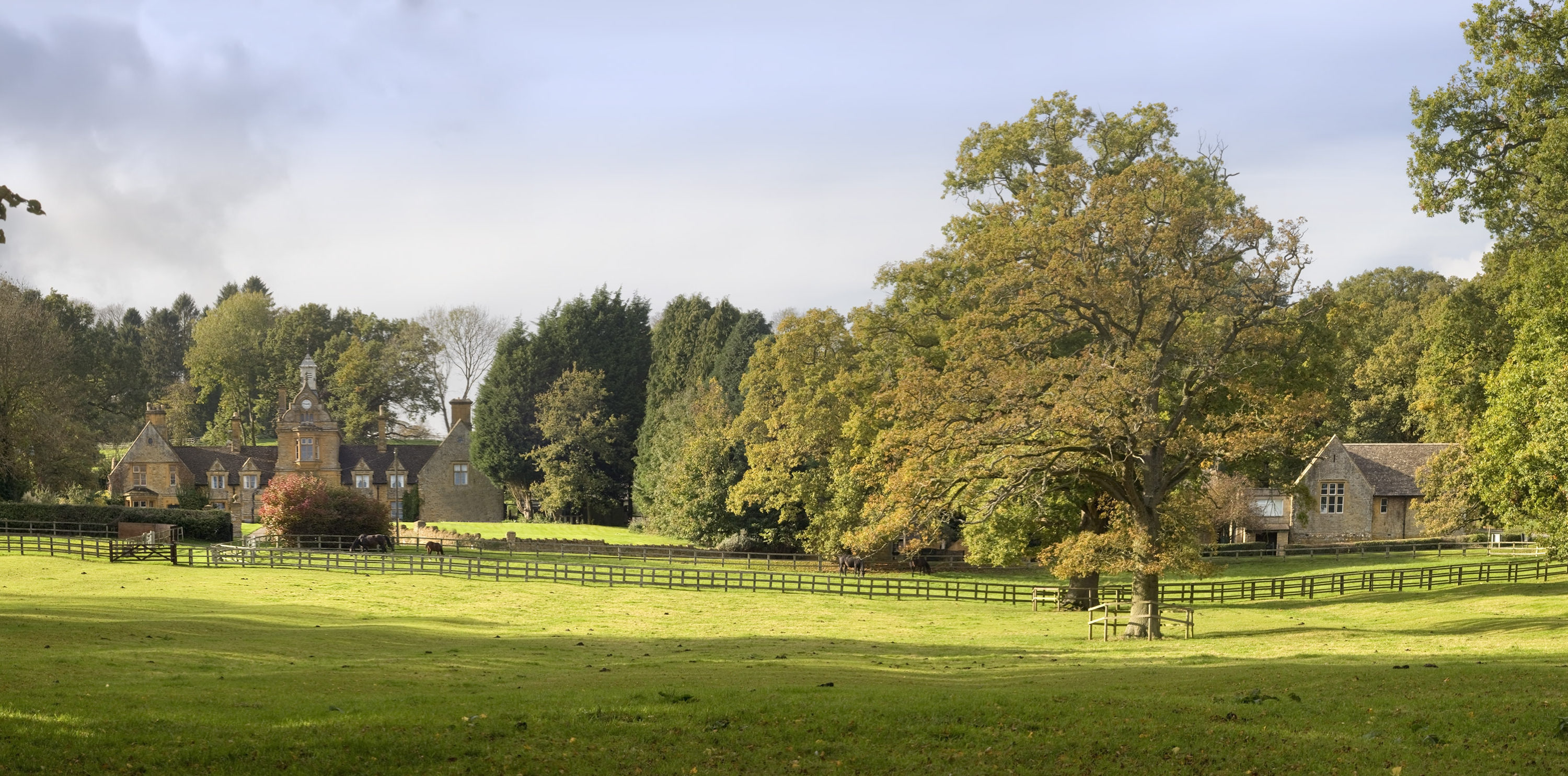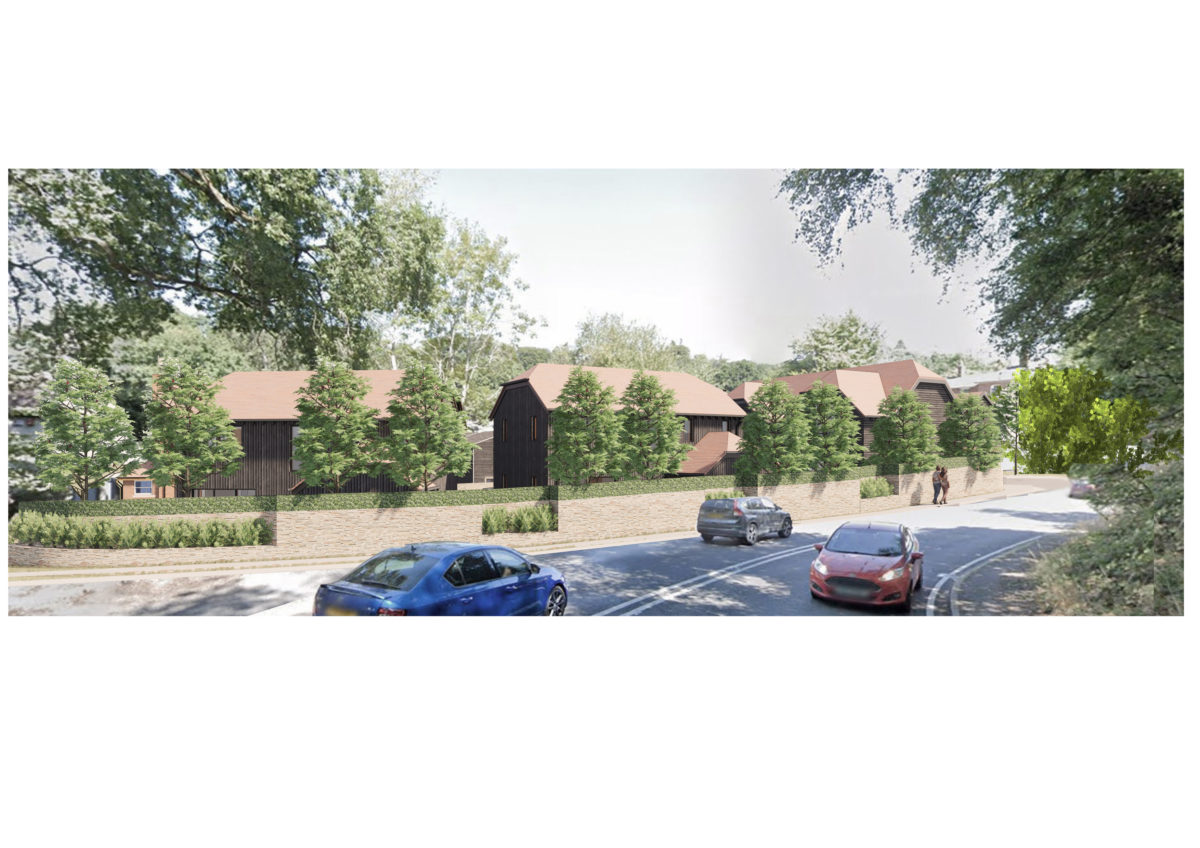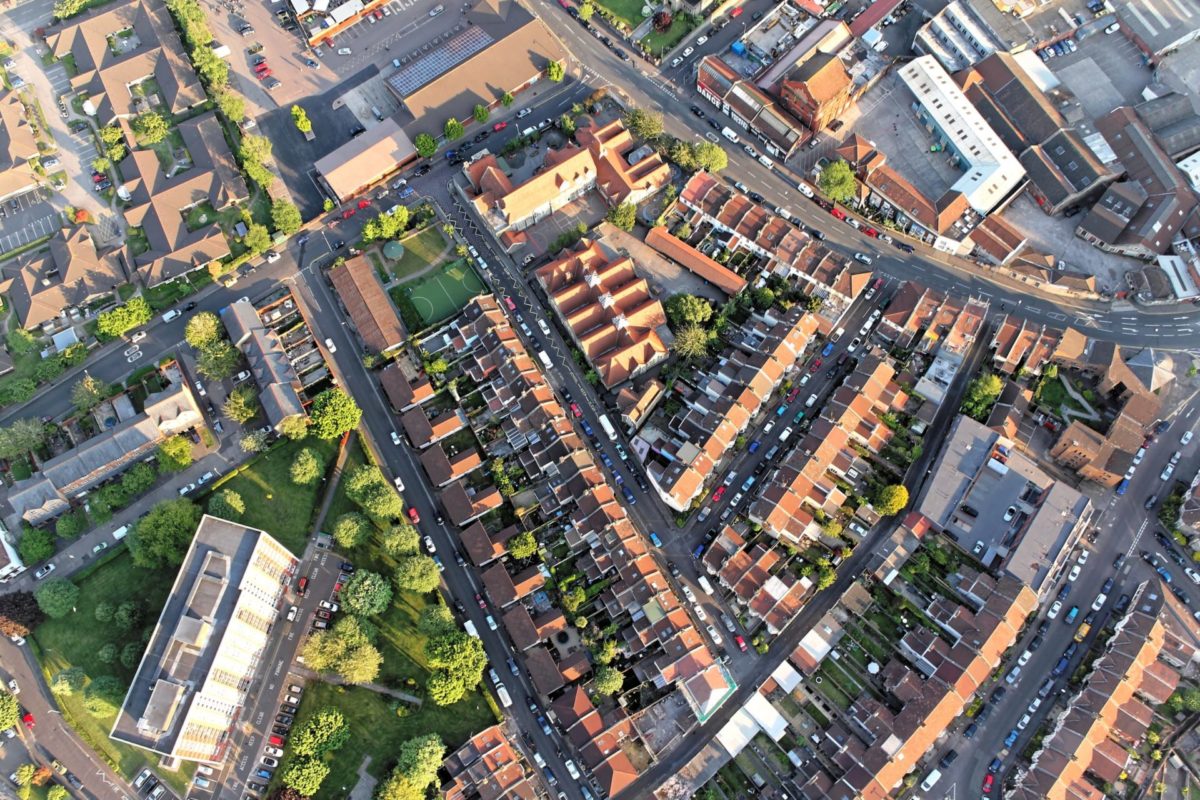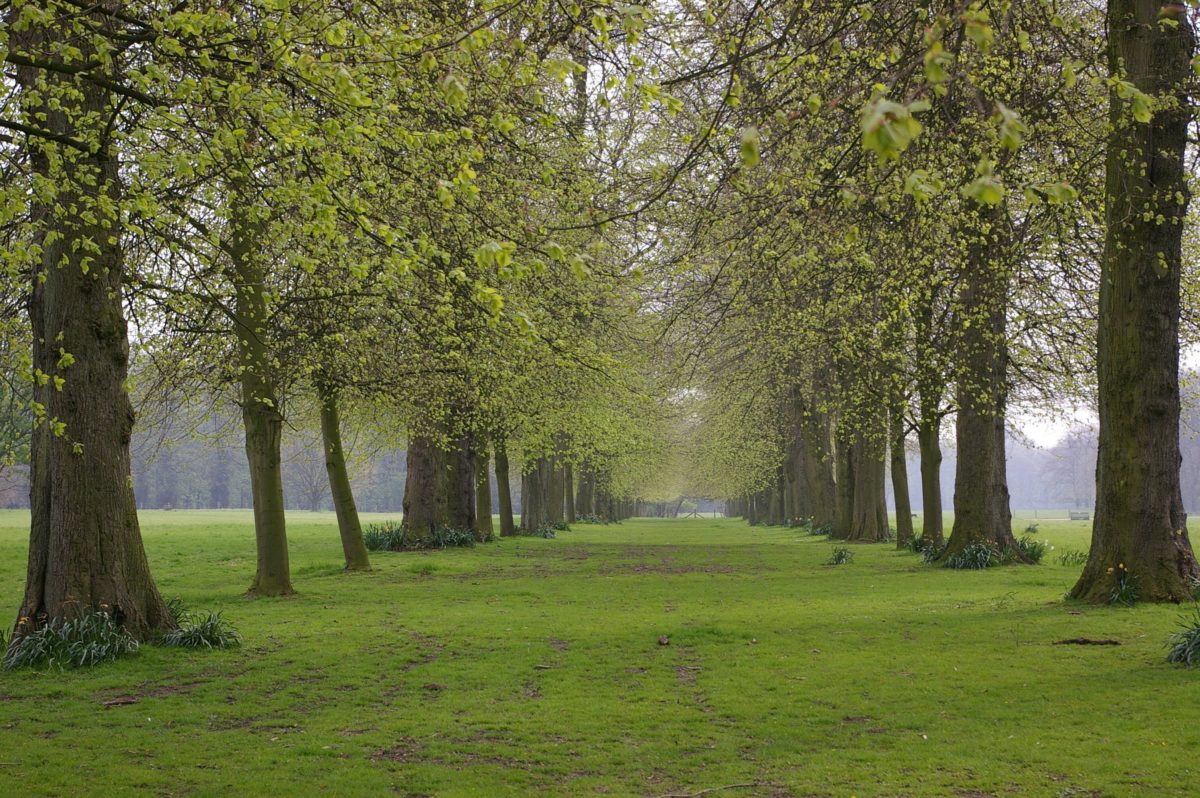

Helping to maximise development value of Country Estates
Bell Cornwell acts for a number of rural estates and we have over the years, provided town planning services enabling our clients to achieve success on a diverse range of projects such as large urban extensions, new housing schemes, affordable ‘exception’ housing, rural business developments, equestrian and heritage schemes.
The property issues affecting rural estates are varied and complex and, as a result, the approach of these organisations can be very different from that of most developers. Many estates will still be managed by a family who have held the land for many generations and who may therefore take an inter-generational view whereby maximising value from a development is but one of many considerations to be taken into account. Issues such as tax and inheritance planning for the next generation as well as the personal views of family members will affect decision making. Providing for a legacy may well influence decisions on the amount and quality of development and also on the willingness to provide community facilities, affordable housing and recreational facilities, features which many standard developers typically seek to avoid. Understanding such diverse considerations will have a bearing on the form of planning advice needed by the client.
In some respects, rural estates have considerable advantages over other landowner/developers. Their holdings may well be in sought-after parts of the countryside and thus in locations where there is strong demand for new development and where property values are high. In many cases, the estate will have held their lands for decades or centuries meaning that they are not having to acquire land for development. Freed from this burden, estates are well placed to take a more flexible view than others on the range of land uses or other benefits they can provide in order to secure support for their projects. They are also likely to possess a large and varied stock of rural buildings some of which may no longer have an agricultural function and which may therefore provide a source of conversion schemes, especially under the Government’s current permitted development guidelines.
Whilst rural estates may be well placed to facilitate development, it is also the case that they often face great challenges. They will have responsibility for the proper environmental stewardship of large areas of land and many properties. With their legacy in mind, estates will take such responsibilities very seriously. Traditional sources of income such as agriculture and forestry are under pressure as a result of, for example, the effects of globalisation and regulatory change. These changes place pressure on estates to modernise, which may lead to various changes to the number of tenant farmers and rural businesses and this to provision of the associated infrastructure and building stock. Tenant housing and local services such as pubs and shops, all of which are also traditional sources of income, may well be old and expensive to maintain and/or be subject to listing, all factors which may encourage their disposal of and replacement with new, lower cost, stock.
In order to respond to both the opportunities and challenges they face, rural estates may well need to proactively look for opportunities for new investment and to secure new sources of revenue. This can be achieved through development of new business premises or new housing which can either be sold or alternatively retained to provide a future rental stream. Making the most of possible opportunities will require rural estates to engage with the planning system at all levels, not only through the local and neighbourhood plan process and via planning applications but also by understanding new opportunities which arise as the planning system evolves. It will also be important that they continue to work closely with local communities to ensure that the residents understand how estates work, their need to evolve and the important role they play as long-term custodians of the countryside and rural communities.
Our understanding of the varied issues affecting rural estates means that we are very well placed to provide the full range of town planning services to such clients, be it by assisting with high level asset reviews, by promoting land through the development and neighbourhood plan process or by helping to secure planning permission for specific schemes. It is rewarding to act for clients and for whom issues such as design quality and sustainability are so often central themes. This experience means that we have gained an excellent insight into how to serve such clients and how to add value to their business.
Examples of work we have previously done include:
Outline Planning Permission Obtained for Residential Development, East Budleigh, Devon within AONB.











